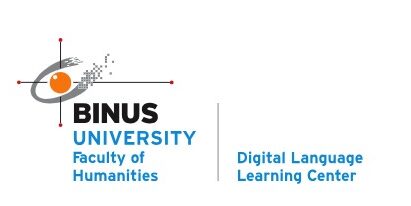[LC MALANG] Augmenting English public speaking skill through peer evaluation: a case study in Toastmaster International Club
Having peers to give public speaking feedback is always feasible to measure the learners’ performance. However, learners are unwilling to share their feedback in the evaluation due to hesitance. This research investigates the kind of peer evaluation elements that the Toastmaster evaluator used to evaluate the speakers and how they interpret the evaluation given by their peers.
An in-depth interview was used to analyse about the elements of peer evaluation and the speakers’ feedback towards peer evaluation. Snowballing technique was chosen to select the research subjects. Three research subjects, as the members of Toastmaster International (TMI) in Malang and Surabaya, Indonesia claimed that the elements of evaluation used in TMI increased the ability of public speaking. The assessment aspects were divided into three factors: the script, seen, and spoken. Meanwhile, other crucial evaluation elements in public speaking include the grammatical aspect and proper words instead of filler words. This research found that the TMI speakers felt very satisfied with the implementation of peer evaluation due to its effect on increasing confidence during performing public speaking. It can be implied that peer evaluation element can effectively be used to measure oral communication skills from peer’s point of view in TMI.
As reported in the results, the researcher recommends that the peer evaluation element applied in Toastmaster International Club can be used as an alternative method of evaluation in the formal learning process, which might help in assessing the oral communication skills from the peer’s point of view. Otherwise, the researcher encourages other researchers to conduct similar research to dig more information about the evaluation on grammatical issues and filler words both in formal and informal learning processes.
